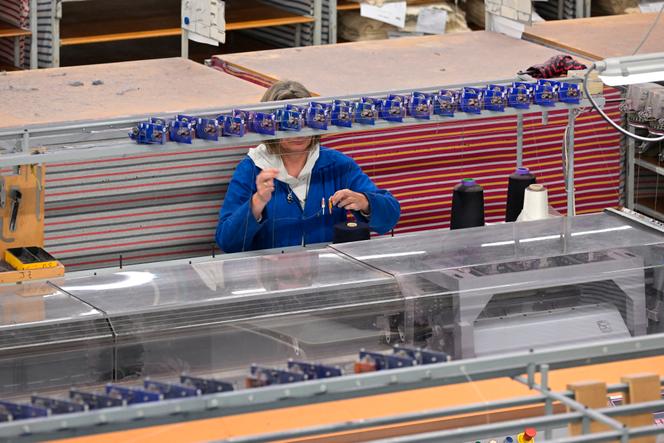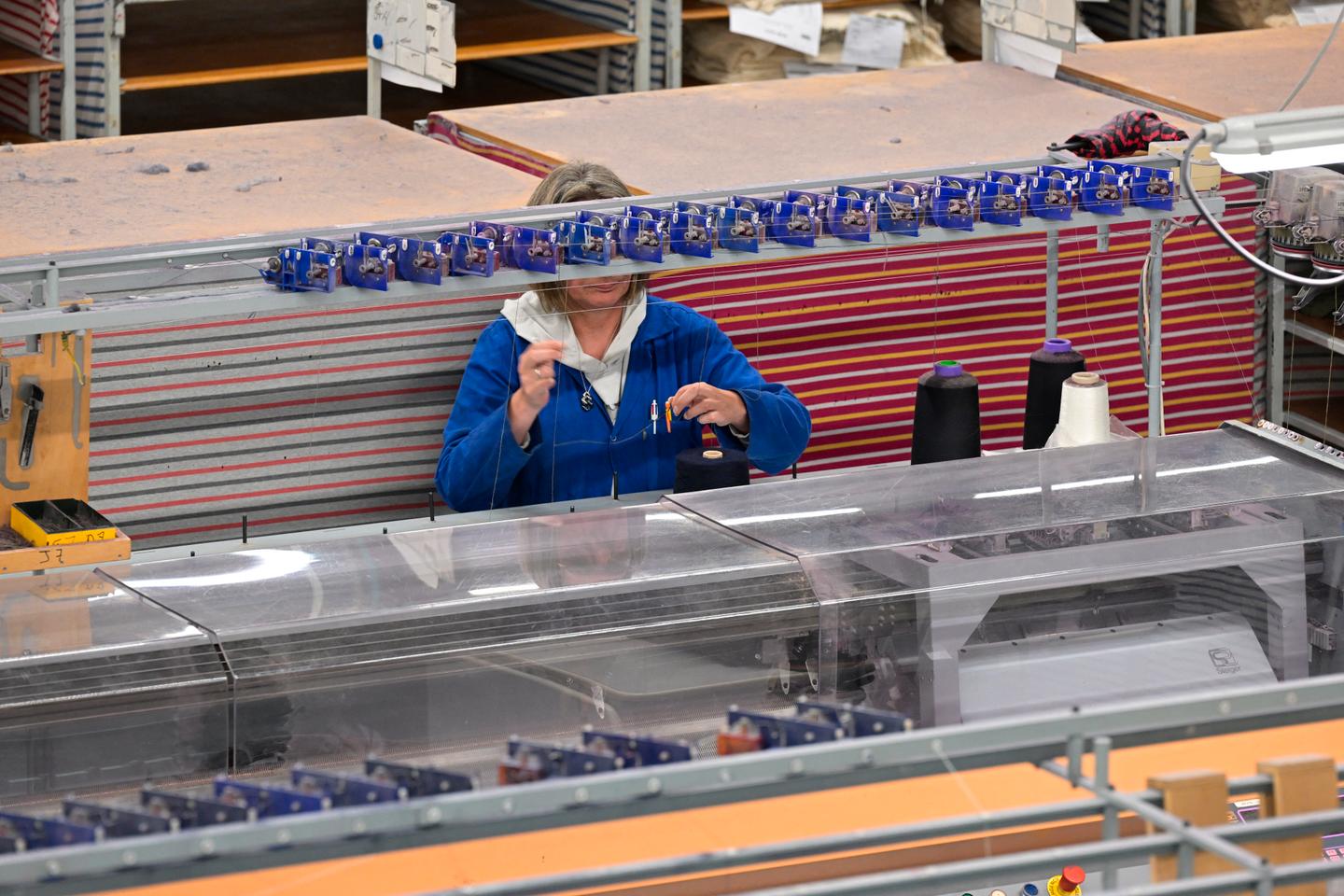Working longer? That is assuming the opportunity exists. Calls to push back the minimum retirement age in France have multiplied in response to demographic shifts and the need to maintain the financial sustainability of its redistributive pension system. While successive reforms have increased the employment rate among people aged 55 to 64, they have fallen far short of guaranteeing that workers can stay employed until the legal retirement age.
Many older workers have faced a troubling paradox: While they are required to retire later and later, those over 50 continue to face hiring discrimination and often struggle to stay in the workforce long enough to qualify for a full pension.
The aging of the French population should prompt a rethinking of the role of older workers within companies. Beyond managing end-of-career transitions and addressing physically demanding work, there is also the challenge of supporting workers who have left the labor market late in their careers and must confront employers’ reluctance to recruit them over younger candidates.
Persistent stereotypes
After being laid off or facing an unsuccessful career change, such as starting a business, workers over 50 often hit a recruitment wall, based solely on their age. This phenomenon discourages career mobility but, above all, exposes job seekers to long-term precariousness. Too young to retire but considered too old to hire, many are forced into unemployment or even onto social welfare programs.
 An employee at the Saint-James knitting factory in Manche, on May 22, 2025. DAMIEN MEYER/AFP
An employee at the Saint-James knitting factory in Manche, on May 22, 2025. DAMIEN MEYER/AFP
As shown in the “Landoy Barometer of an Aging France,” conducted with Ifop and published in November 2024, employment of older workers remains subject to persistent stereotypes. They are seen as resistant to change, less adaptable to digital tools, more easily fatigued, and, according to employers, too expensive. In short, these clichés are deeply entrenched, to the point that age is perceived by French people as the greatest source of discrimination, ahead of disability or nationality.
Read more Subscribers only Tolerance holding up in France despite hate speech, report on racism finds
This perception stems directly from business practices: Companies support raising the retirement age, but still prefer to hire young people. Increasingly, recruitment processes rely on algorithms programmed to identify age-related criteria, filtering out older candidates. Even if they manage to clear this initial hurdle, older applicants then face skepticism from human resources departments applying the same selection criteria.
These practices are inconsistent with the reasoning behind the raising of the retirement age. If careers are to last longer in France, it is essential to remove hiring barriers for older workers by correcting the biases in recruitment algorithms, or even by introducing age-based quotas.
Attitudes toward older workers must change, not out of principle, but out of necessity. In 10 years, most of the workforce will be over 45, and the declining number of young graduates will lead to a talent shortage. We can no longer afford to disregard experience.
Column Subscribers only ‘The rush to retire stems from a loss of meaning and prospects at work’
Translation of an original article published in French on lemonde.fr; the publisher may only be liable for the French version.
